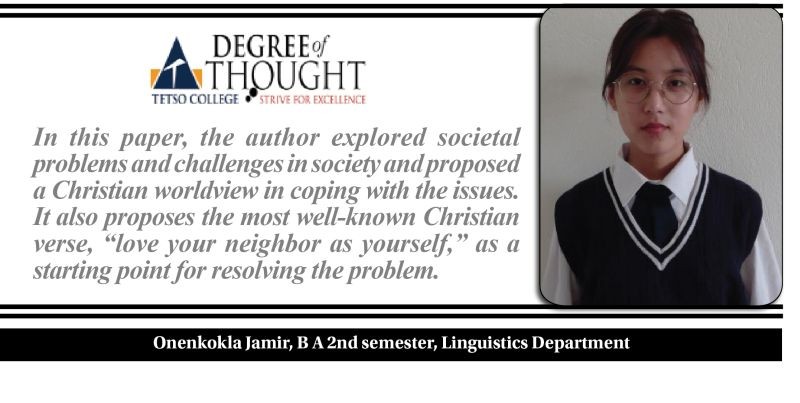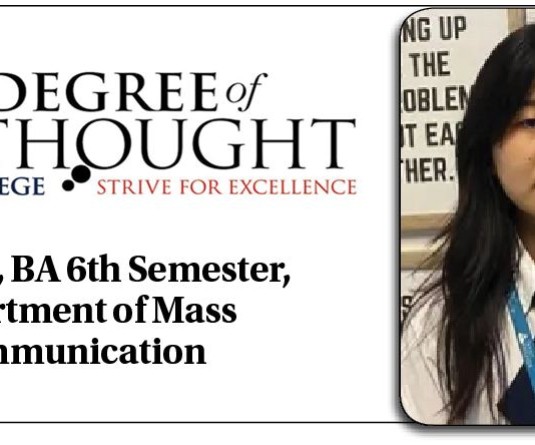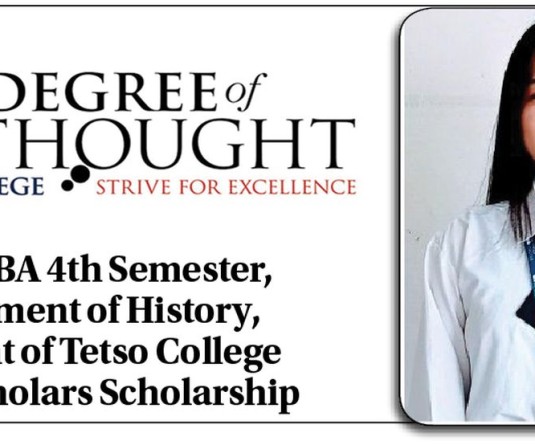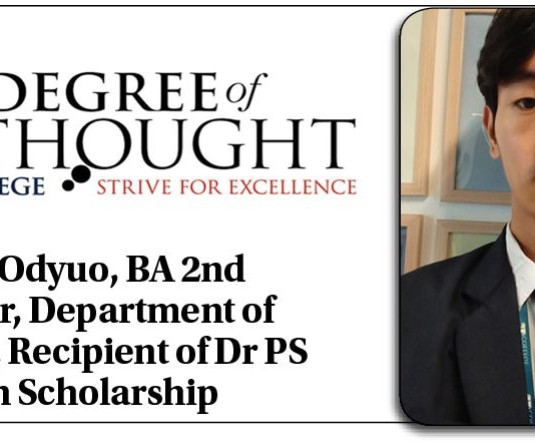
The social issues we face today have had a negative impact on our society, making them highly complicated and difficult to resolve. There is no such thing as a perfect society; every civilization has issues that must be addressed. If we look at history, the pursuit of justice in our society has been a persistent issue. Almost anyone can readily understand what is right and can instinctively distinguish injustice. However, it is difficult to characterize what justice implies or what the concept of justice entails.
According to Christian beliefs, the world was created to be fair and just. However, the first humans' rebellion against God resulted in sin. And, according to this viewpoint, our society's current issues stem from the same root cause—sin. Corruption is one of the most serious concerns that we face as a society. Many people take part in corruption, such as bribery and the misappropriation of government funds. The unfortunate part is that the next generation will be raised in that environment, and corruption has grown so ubiquitous that it is almost true to say it has been accepted. And when mere unfairness exists and becomes the standard, the following generation will do the same thing, and it will become the norm.
There are several challenges that exist in educational institutions nowadays, including drug abuse, poverty, racism, etc. In my opinion, the most important thing in trying to resolve the social problem is to take practical steps instead of just talking and making promises. John 15:12 (NLT) says, “My command is this: Love each other as I have loved you.” Not only Christianity, but other religions across the world, encourage us to love one another. A love that expresses itself naturally and genuinely, displaying the true character of sympathy, kindness, and self-control. And it is through this love that we begin to address all manner of societal ills, because most injustices begin with a lack of love.
The Degree of Thought Column is a weekly community column initiated by Tetso College in partnership with The Morung Express. The column explored contemporary social, cultural, political, and educational issues and challenges around us. However, the views expressed here do not reflect the opinion of the institution. Tetso College is a NAAC-accredited, UCG-recognized Commerce and Arts college. Currently, the Degree of Thought Column is managed by the department of Mass Communication, and the editorial team are Dr Jenny Lalmuanpuii, KC Gabriela and Rinsit Sareo. For feedback or comments, please email: dot@tetsocollege.org.






